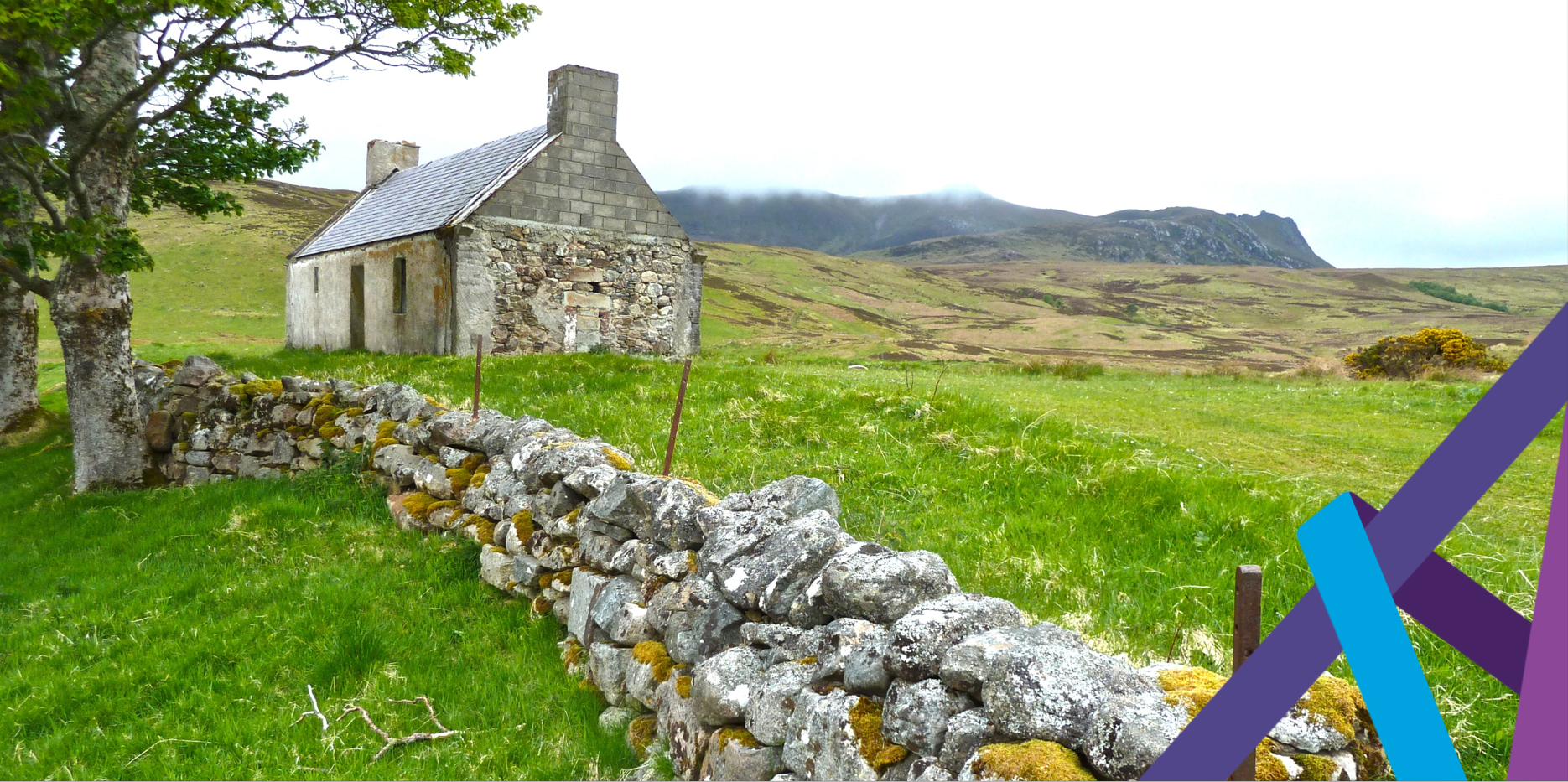Health & Safety for Holiday-Lets

The British Summer has arrived with a bang – a heatwave at the start, and of course the sunny start has been followed by plenty of rain! As the busy season for holiday-lets is here we’ve looked at the Health & Safety required for the leisure industry:
Fire
Under the Regulatory Reform (Fire Safety) Order 2005 in England and Wales, and Fire (Scotland) Act 2005 it’s a legal requirement to inspect holiday lets and:
- Assess the risk from fire
- Identify appropriate fire safety measures
- Implement the above fire safety measures
- Arrange for ongoing control and review of measures
- Comply with additional requirements of fire safety legislation
- Review and re-assess risk at scheduled intervals
- Keep a complete record of the above.
Electrical Safety
At the time of writing there is no legal requirement to carry out PAT testing on short-term holiday properties in England and Wales, but Scotland has recently implemented new regulations which requires short term holiday lets to have up to date PAT testing and Landlord Electrical Safety Certificates.
In England, Northern Ireland, and Wales you may not legally need these checks at present, but as a landlord, you do have a duty of care towards guests to keep your electrical equipment safe. Any electrical equipment in your property, including vacuum cleaners, washing machines, and televisions must be in a safe condition. If anyone is hurt in an accident caused by faulty electrical equipment in your holiday let or Airbnb, you could be liable.
Swimming pools and hot tubs
Who doesn’t love a dip in the pool on holiday, or relaxing in a hot tub? Amenities such as these can be a great boost to bookings, but they also cause additional hazards. The HSE says that “every pool operator is responsible for the health and safety of employees, pool users and other people on the premises”, we’ve popped a few points to consider below:
- Security – pools for sole use of a property should be gated to prevent small children gaining access unsupervised.
- Infection – is the water treated and the pool / hot tub cleaned appropriately?
- Chemicals – are these stored securely?
Control Of Substances Hazardous to Health (COSHH)
Some holiday lets provide dishwashing liquid and handwash with the property, which is fine, others go so far as to provide laundry detergent or toilet cleaner. The latter product can cause skin irritation, and some can be corrosive and cause burns to the skin and damage to eyes. Consider securing any corrosive substances (bleach, chemical cleaning spray, hot tub chemicals etc) in a locked area out of reach of guests to reduce the hazard. Safety data sheets should be available to any workers who have access to the chemicals. Check out our COSHH Online Training here or get in touch.
Outdoor risk
Health and Safety isn’t just for inside the property– consider the following:
- Pathways – are there clear, well-maintained and well-lit paths from the street or car park to the property? If not, do visitors need torches?
- Fencing – is there fencing of appropriate hight around balconies, pools and ponds?
- Inclement weather – is there a procedure for gritting the paths?
- Steps – are there handrails available, and is there sufficient lighting?
Our Health & Safety Experts often carry our Health and Safety inspections (including Fire Risk Assessments) on holiday let properties so do get in touch if we can assist you.
Our content is correct at the date of publishing, but should not be taken as legal advice, and our articles don’t replace Risk Assessments. Armour will not be held accountable for any legal actions the reader may take.

